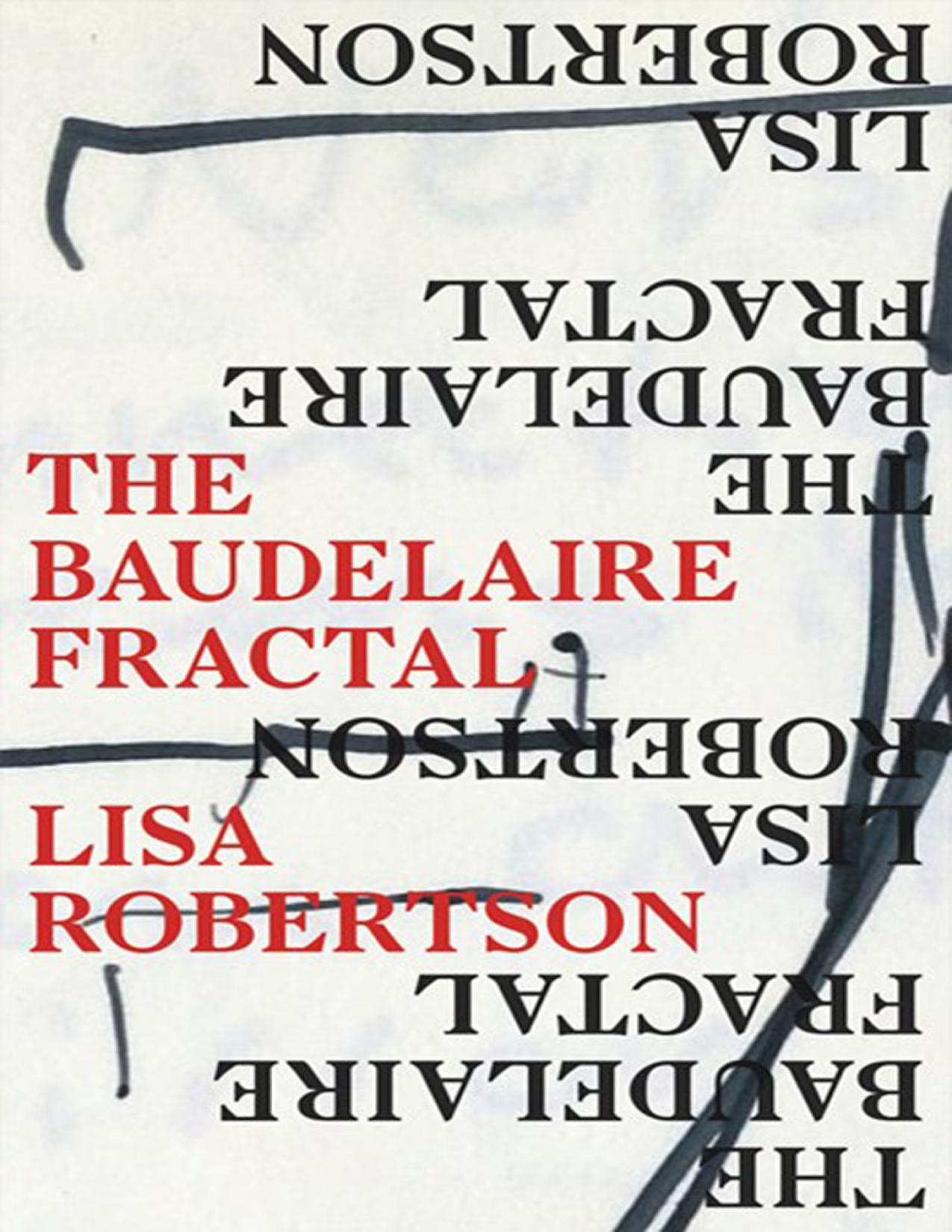
The Baudelaire Fractal
- اطلاعات
- نقد و بررسی
- دیدگاه کاربران
نقد و بررسی

November 25, 2019
Poet Robertson’s debut novel (after the poetry collection 3 Summers) is a heady, meditative look at art, the self, and the complex relationship between the two. Hazel Brown, a poet, wakes up one morning “to discover that I have written the complete works of Baudelaire.” This confounding and impossible occurrence, though, is no more amazing to the narrator “than it was for me to have become a poet, me, a girl, in 1984.” The novel eschews conventional plot, instead investigating the narrator’s development as a person and poet filtered through examinations of Baudelaire’s life, work, and milieu, especially the mistreated and forgotten women. The prose oscillates between Hazel’s scrutiny of her younger self—living in Paris, clumsily beginning to write, having sex—and contemplations of, for instance, the erasure of Baudelaire’s mistress Jeanne Duval from a painting by Gustave Courbet. As for the authorship of Baudelaire’s work, Hazel notes that there wasn’t any “tiresome striving after it on my part,” implying that rather it was something imposed on her, just as the legacy of male-centric histories are imposed on women. That Hazel became a poet true to her own voice, that she wasn’t erased or overlooked because of her gender, or because men treat women like “a concept,” is for the narrator the more unlikely event. A difficult work of ideas, by turns enlightening and arcane, part autobiographical narrative, part literary theory, Robertson’s debut novel, for those interested in possibilities of fiction, is not to be missed.

January 1, 2020
An itinerant poet makes an autofiction of her wayward wandering youth in this debut novel. One morning in the spring of 2016, the poet Hazel Brown awakens in a Vancouver hotel to discover that she's written the complete works of Charles Baudelaire. Although "perhaps it is more precise to say that all at once, unbidden, I received the Baudelairean authorship, or that I found it within myself." Already middle-aged at the time of this curious inheritance, the poet attempts to trace the contours of this bequest through a kind of fragmented, allusive double biography: both of Baudelaire brooding amid the onset of industrial modernity and of her young self, coasting through Paris, the city Baudelaire left behind, more than a hundred years in his wake. Throughout the book--part Künstlerroman, part biography, part artist's statement, part political tract--we track Baudelaire's bourgeois dispossession, his revolutionary and then reactionary politics, his love, his losses, his furniture, his friendships. All this interpenetrates with the loose and jumbled story of Hazel's artistic awakening as she spins a set of concepts (the hotel room, the stain, the garment) into a tapestry of memory and desire. Through Hazel, poet Robertson (3 Summers, 2016, etc.) meditates on the impossibility of any coherent "I"--especially that of a woman writing poetry. But as Hazel reads philosophy and cleans apartments and seduces men and writes in her diary, she grows into herself, in glimmering, beautiful sentences that illuminate as much as they obscure: "First, I knew nothing, then I believed anything, now I doubt everything." An intense if abstract portrait of the poet as a young woman in search of a kind of language that might lead to liberation.
COPYRIGHT(2020) Kirkus Reviews, ALL RIGHTS RESERVED.

August 19, 2019
This enjoyable but haphazard romp from Kaufman (All My Friends Are Superheroes) drops the divorced Charlie Waterfield into the land of Metaphoria to find the emotional purpose of the human heart. Kaufman’s irreverent and bursting prose explores Charlie’s metaphoric odyssey to reckon with his relationship to his own heart and its capacity to give and receive love. In 24 hours, Charlie must assume the role of sole detective of the Epiphany Detective Agency, navigate the seemingly chaotic Metaphoria, grapple with his exes and his love, and reach his own epiphany in time to get his son to karate class. As Charlie faces a cyclops, white blood cells, Tachycardia Tower in the Never Ever Enough District, his ex-girlfriends, and a ticking bomb, he ends up taking a real beating. Along the way, he meets Twiggy, a theater performer whose “Spero Machine” helps him connect the dots of his past. While Kaufman’s jokes are often cheap and easy, he reminds readers that no metaphor can go too far in Metaphoria, because “you’ve been told not to be proud.” Fans of Mark Leyner will enjoy Kaufman’s messy string of outrageous scenarios.




دیدگاه کاربران